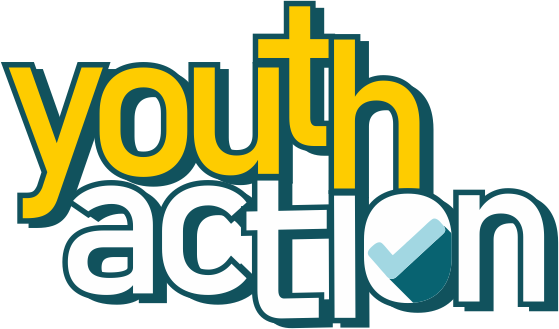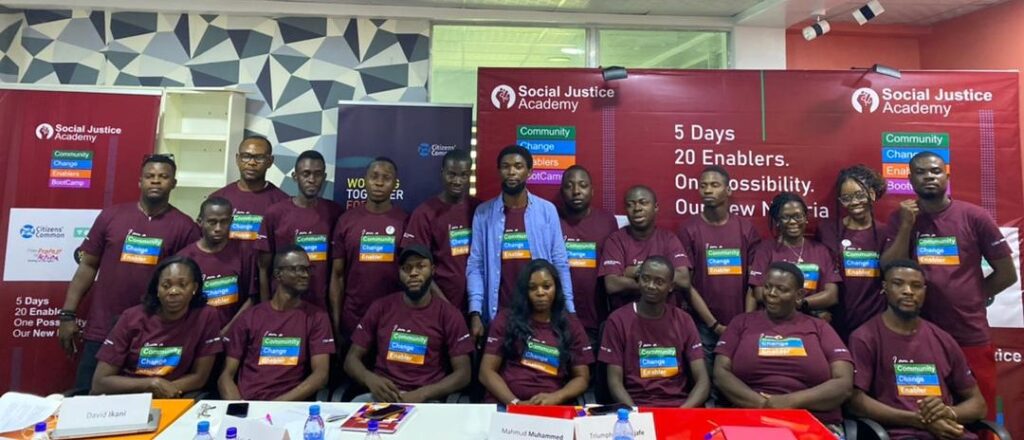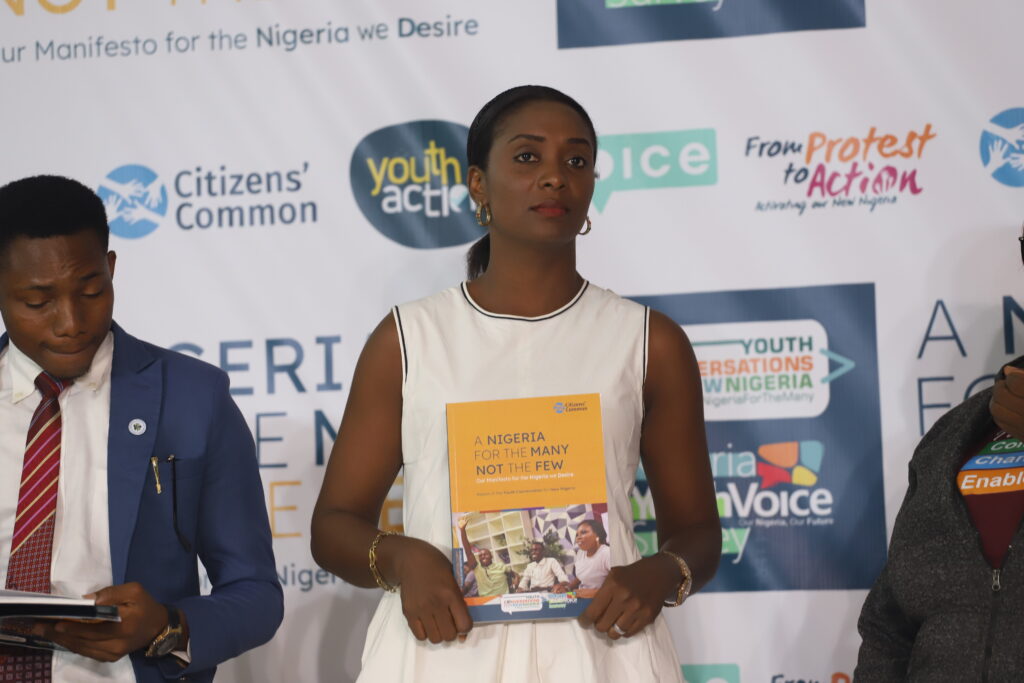
“Let the poor breathe”: Tinubu’s Administration Must Match Words with Action
Written by Benita Ezumezu
Nigeria’s new president, Bola Tinubu, has his work cut out for him, and only time will tell if he is up for the challenge. Citizens had high hopes for positive policy reforms under the new government, but since his first act as president only worsened the crisis, their trust in the administration is dwindling.
To bolster Nigeria’s economy and regain the trust of the people, the Tinubu Administration must invest in local production to eliminate reliance on fuel imports and maximize our export capacity.
No sooner had Tinubu taken office in May, 2023 that his administration removed the fuel subsidy, causing petrol prices and inflation rates to spike. Barely 24 hours after the Nigeria Bureau of Statistics (NBC) announced that the inflation rate was up to 22.79% for the month of June, the price of Petroleum Motor Spirit (PMS), also known as petrol, skyrocketed from the official price of N198 per litre to N617/litre. This resulted in a significant increase in the cost of living for Nigerians, worsening the country’s long standing poverty crisis.
According to the World Bank’s most recent report, Nigeria is ranked among the top three poorest countries in the world, with more than 83 million Nigerians living below the poverty line, earning less than $381.75 per year. In February, 134 million citizens did not have access to the basics of health or education in Nigeria. The Nigeria Bureau of Statistics reports that the country currently has a 33% unemployment rate. Going by these statistics, it’s clear that Nigerians are not prepared to embrace Tinubu’s extreme reforms.
Many of the policies that President Tinubu has embraced are intended to combat the major issues of growth and insecurity. Immediately after his inauguration, he mentioned that N800,000,000 in cash would be transferred to individuals to cushion the effect of the fuel subsidy. Which is about N8,000 palliative for the 12 million poor households which was likely helpful in the short-term, but should not be the only component of relief measures. From the president’s statement “Let the poor breathe, don’t suffocate them”, Nigerians know he cares about the plight of the poor. But to turn that sympathy into a productive agenda, he must be consistent and firm in carrying out successful policies.
Priority should be given to policies and initiatives that boost economic growth, encourage private sector investment, and support entrepreneurship opportunities for individuals. This is one area that the new administration has yet to utilize, given the recent challenges that the country is facing.
The first and most obvious move would be for the government to pay up the electricity loan they have owed since November 2013, easing utility payments for the population. As this loan remains outstanding, Nigeria’s power Distribution Companies (DisCos) are allegedly planning new ways to make up the money, such as implementing an increase in pricing. This would be sorted out if the government paid its bills.
If suitable compensatory measures to protect the poor are implemented, the impact of the increase in fuel prices could be favourable. To achieve this, the new administration should expand and mitigate tools to protect citizens living below the poverty line by making available compensatory payments.
To start, the minimum wage, currently at N33,000, should be increased. The SURE program, announced in 2012 as the core of the government’s campaigns, should be reimplemented to mitigate the impact on the poor. The program involves the creation of specific subsidy savings funds for political resistance and reform reversal, and the monitoring of wasteful government spending. It also embarks on programs that will create more jobs and support the subsidy removal policy.
Nigerians are hopeful that real action will be taken to fulfill the pledges and commitments that the president has made to improve the standard of living of the average individual. Only when words are backed by intentional action can we build the Nigeria that we desire.
Now is the time to begin conversations about how to make Nigeria work for the many rather than the few. Our leaders should take active measures to “let the poor breathe,” and not constantly suffocate them.
This article is an Excerpt from International Affairs Forum
About the Author
Benita Ezumezu
Benita is a social impact professional, researcher committed to the achievement of sustainable development goals in our lifetime. She is the Program Manager at Citizens’ Common Advocacy and leads the management of of ImpactCentral Social Innovation Hub, where she works on technology, law and active citizenship, and social enterprise development projects.
LinkedIn:Benita Ezumezu, Instagram: Mhyssneetah, Twitter: @Benny_ezumezu







Responses